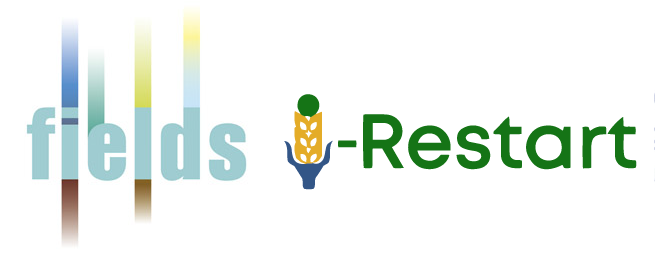Submitted by Trienekens on
Organisation:
WUR
Description:
The transition towards a circular economy is one of the biggest challenges to realize a more sustainable (biobased) society. This transition requires an interdisciplinary approach, combining technical, managerial, socio-political, and environmental considerations. In this course, we therefore take a systems approach to the circular economy, considering different stakeholder perspectives, their incentive structures, and their impacts on circular alternatives. Since identifying and evaluating potential circular alternatives based on quantitative techniques is key in achieving sustainable solutions, we also learn how to use and integrate strategic management considerations, life cycle assessment and agent-based modeling to assess the management and technical challenges and benefits of alternative solutions in specific, often complex settings. By integrating all perspectives in a case study, we learn how to comprehensively and critically assess strategies to transition towards a circular economy.
After successful completion of this course students are expected to be able to:
- understand the concept of a circular economy, based on its technical, managerial, socio-political, and environmental characteristics;
- understand from a societal and a company-perspective, how a (biobased and) circular economy deviates from the current, mostly linear, system;
- apply systems thinking with technology assessments to analyze and develop complex circular systems;
- identify, and assess the use of Life Cycle Analysis (LCA) and/or Agent Based Modelling (ABM) in the context of the circular economy, and apply these tools in a case study;
- integrate the results of a case study, taking into account socio-technical, managerial, and environmental aspects and formulate improvements for a transition towards a circular design.
Activities:
The aims learning outcomes of the course are realized by means of the following activities:
- Lectures: You will be taught concepts, approaches and methods, concerning the application field of circular economy, business management considerations, stakeholder perspectives, systems thinking, sustainability analysis and the dynamics of human and organisational interactive behaviour
- Practicals: Learn to work with the LCA and ABM
- Group work: Apply LCA and/or ABM on a given case study in the context of the biobased & circular economy.
Keywords:
Course type:
EQF:
6
Credits:
6
Website:
Data:
Thursday, 14 May, 2020
Country:
Language:
Professional Profile/Skills:
Certification:
part of bachelor program
Relevance:
A
Type of training:
Continuous
Online:
No
Quality mechanism in place:
NVAO accreditation Wageningen University
Lenght:
8 days
